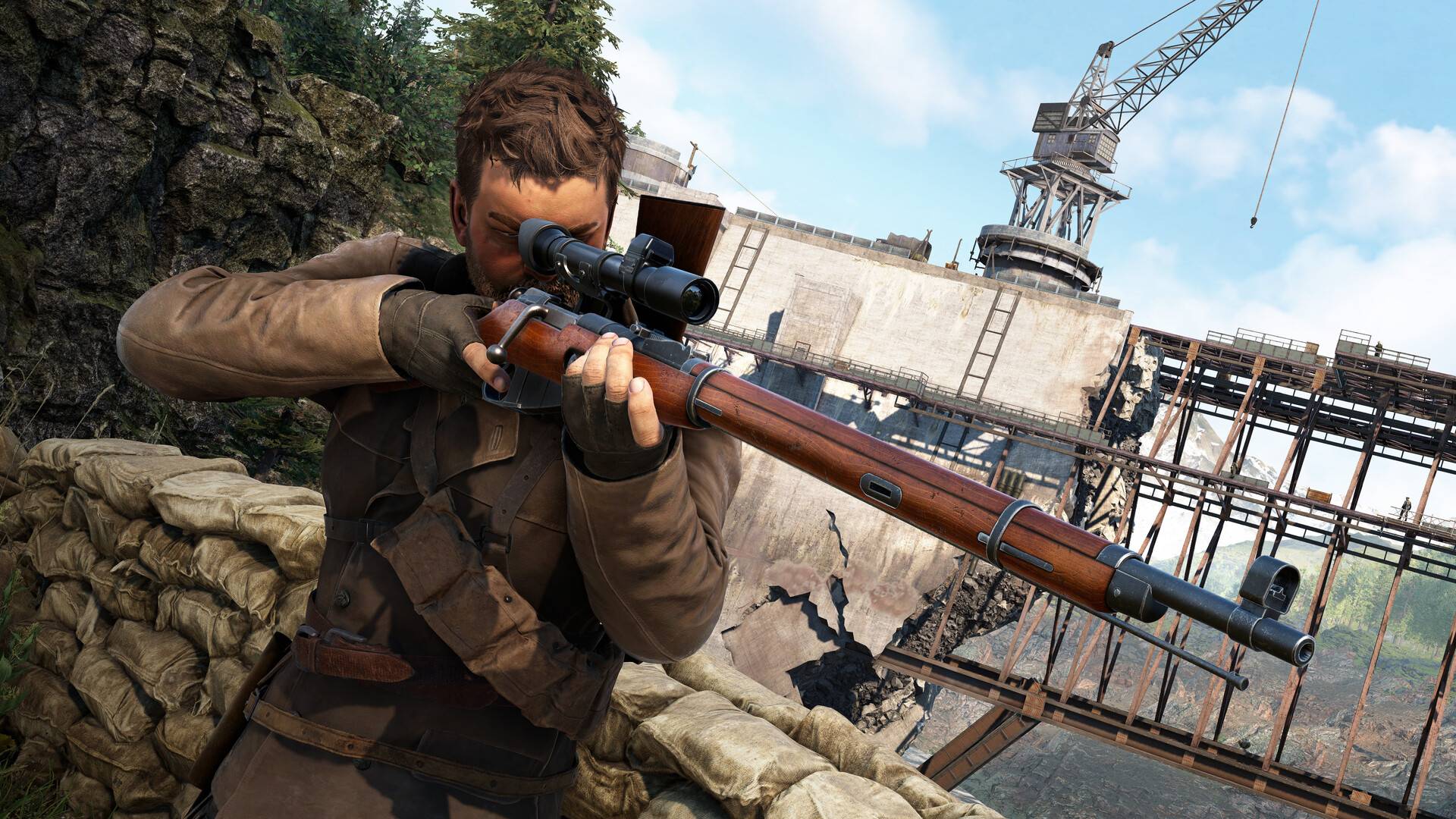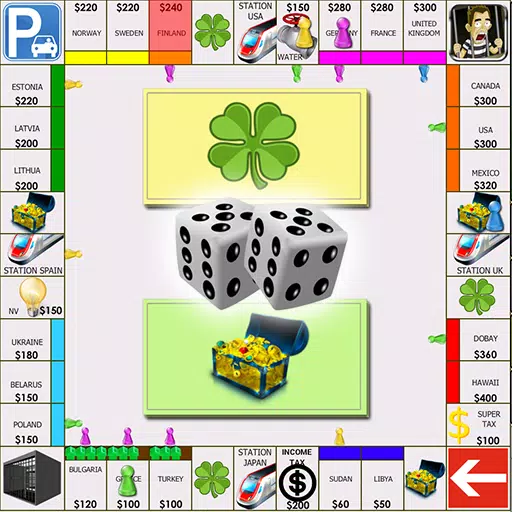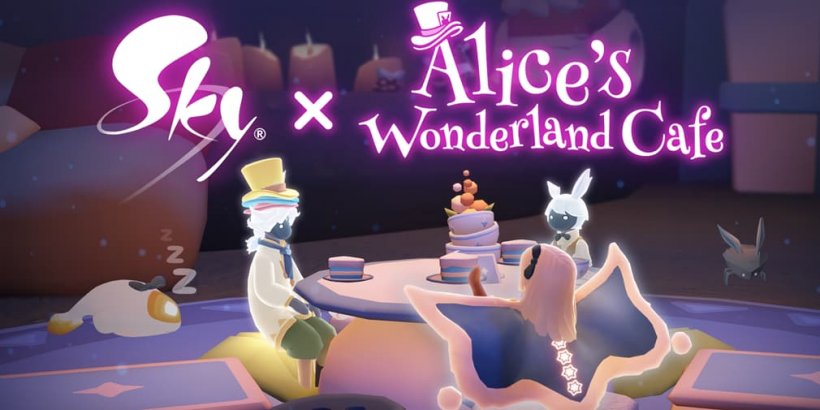Ubisoft has made it clear that purchasing a game does not grant players "unfettered ownership rights," but rather a "limited license to access the game." This statement was made in the context of the company's effort to dismiss a lawsuit filed by two disgruntled players of The Crew, who challenged Ubisoft's decision to shut down the original racing game last year.
Since its shutdown, The Crew, released in 2014, is no longer playable. Regardless of whether players own a physical or digital copy, the game cannot be accessed, with servers being completely taken offline by the end of March 2024. In contrast, Ubisoft developed offline versions of The Crew 2 and its sequel, The Crew: Motorfest, allowing players to continue enjoying these games offline, a courtesy not extended to the original title.
At the close of last year, two gamers initiated legal action against Ubisoft, asserting they were under the misconception that they were "paying to own and possess the video game The Crew instead of paying for a limited license to use The Crew." Their lawsuit colorfully described the situation, likening it to buying a pinball machine only to find it stripped of essential parts years later.
As reported by Polygon, the claimants argued that Ubisoft violated several California laws, including the False Advertising Law, Unfair Competition Law, and Consumer Legal Remedies Act, along with charges of common law fraud and breach of warranty. They also claimed Ubisoft contravened California’s regulations on gift card expiration. The plaintiffs supported their case with images showing the game's activation code, valid until 2099, suggesting that The Crew should remain playable far into the future.
In response, Ubisoft's legal team stated that the plaintiffs mistakenly believed they were securing perpetual access to the game. They emphasized that consumers were informed at the point of purchase that they were acquiring a license, not ownership. Furthermore, the packaging for Xbox and PlayStation versions explicitly warned in all caps that Ubisoft could terminate access to online features with a 30-day notice.
Ubisoft has moved to dismiss the case, but should the motion fail, the plaintiffs are prepared to proceed to a jury trial. In light of such disputes, digital marketplaces like Steam now explicitly inform customers that they are purchasing a license, not the game itself, following a new law signed by California Governor Gavin Newsom. While this law does not stop companies from withdrawing access to digital content, it ensures consumers are aware of the licensing terms before making a purchase.















